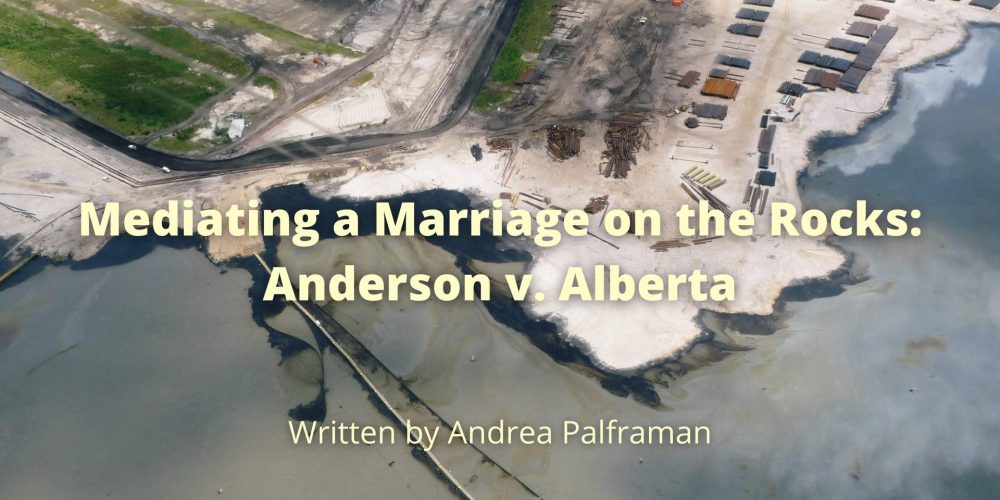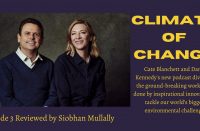The relationship between Canada and First Nations plays out like a marriage on the rocks. Once upon a time, separate Nations came together: some brought a love of land, and others had more of a lust for it. They made a solemn covenant, sealed the deal in ceremony, and then: things went horribly sideways.
Maybe it was the way Canada kept insisting that their good intentions were enough to excuse abuse and neglect. Or how, though they kept saying “sorry”, they couldn’t help but take up all the space, ‘flagspreading’ their way to occupy 98% of the sofa without once handing over the remote. Tired of watching Beachcombers re-runs and being gaslit over wounds ancient and fresh, Indigenous Peoples negotiated, accommodated and — finally — litigated.
So it’s no big surprise that Canada’s legal systems tend to borrow from family law when it comes to repairing relationships. From the issuance of Advance Costs to fund litigation, all the way down to the idea of reconciliation itself, instruments developed to settle disputes between quarrelling parties have been adapted to address this country’s most fundamental fallout.
Let’s look at just one case: colloquially known as the Defend the Treaties trial, Anderson v Alberta was launched in 2008 by Beaver Lake Cree Nation(BLCN). Located 200 km north of Edmonton in the heart of what was once Alberta’s boreal forest, BLCN was faced with the explosive expansion of oil and gas projects in their territory. As a result, the community was finding it increasingly impossible to get out on the land to hunt, fish, and collect berries and medicines. Without these activities, it was growing difficult for families to make ends meet, and to pass on cultural knowledge from elders to parents, and from parents to children.
Imagine if every time you set out to check on your traplines, you discovered another road, another well, another tailings pond. What you once knew as a sinuous landscape layered with lineages of your ancestral ecosystem knowledge has become a maze of dead-ends and no-go zones. Imagine if the rare caribou or moose you did encounter was inedible, the meat poisoned after the animal licked at the salty-tasting bitumen that seeps to the bog’s surface because of in situ oil sands extraction.
For the small Indigenous Nation, the writing was on the wall: go to court, or lose everything at the heart of what it means to be Beaver Lake Cree.
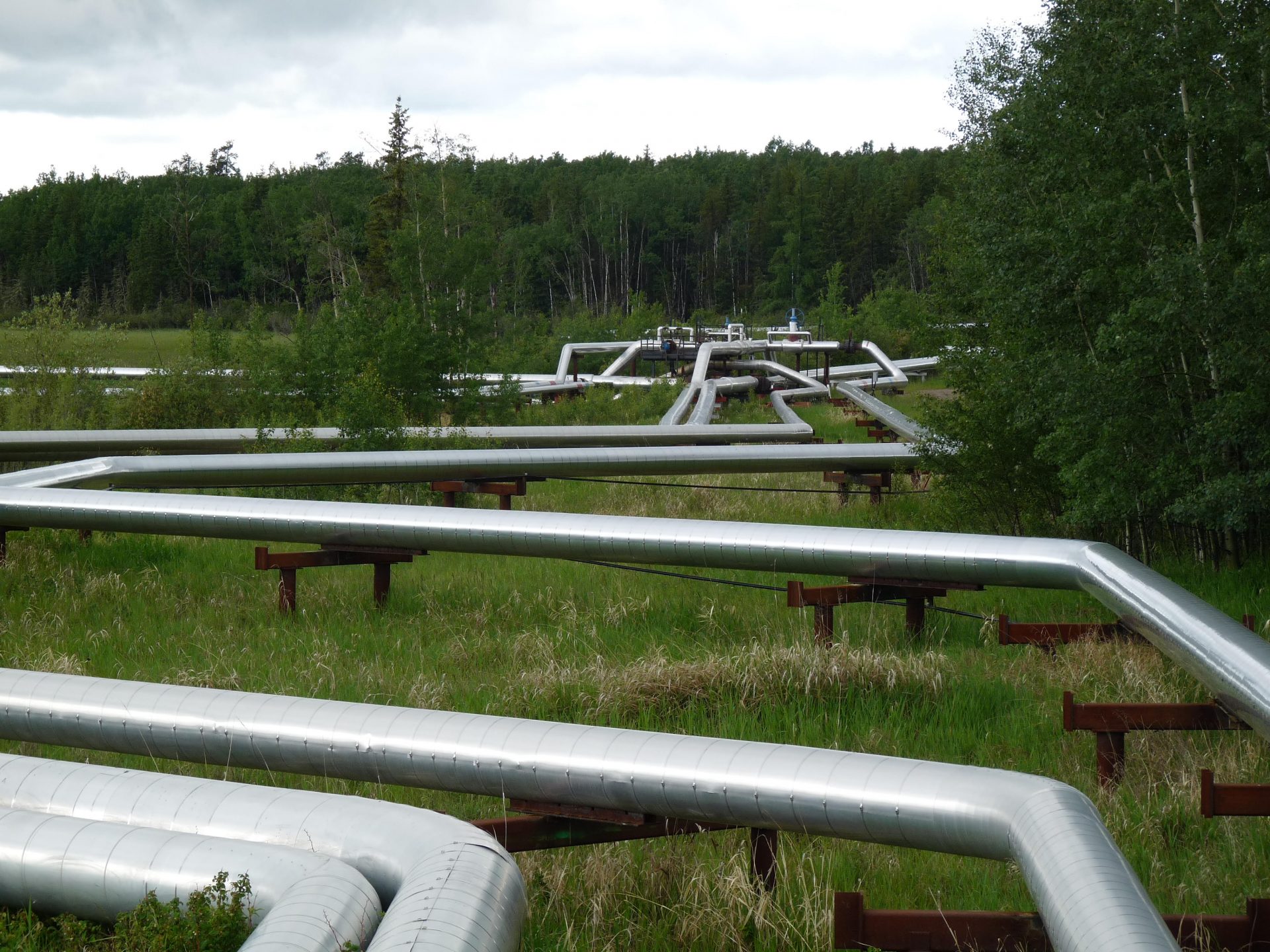
The Ecological Promise at the Heart of Canada’s Treaties
“A truly exceptional matter of public interest.”
That’s how Canada’s Supreme Court described Beaver Lake Cree Nation’s legal challenge. At its core, the case involves a tiny Nation standing up to Canada and Alberta to demand that the protections assured in Treaty 6 be upheld. The treaty, signed in 1876, spells it out in black and white: Indigenous rights to hunt, fish, and practice cultural activities on their territory are enshrined in perpetuity in one of the country’s oldest contracts.
The treaty protects not just reserve land, but access to vast tracts of boreal forest that Beaver Lake Cree have been sustained by, and have stewarded, for thousands of years.
The Defend the Treaties case emphasises that it’s the cumulative impacts of industry on treaty rights that is at issue. A win would force regulators to evaluate new project applications not piecemeal, as is currently the practice, but according to how any well, mine, or pipeline fit into the overall picture affecting the availability, health and productivity of hunting and fishing grounds.
When the case was filed, environmentalists took notice. A scrappy start-up organisation called RAVEN (Respecting Aboriginal Values and Environmental Needs) took on fundraising for the case. “We felt like it shouldn’t be up to First Nations to bear the huge cost of holding industry to account,” says RAVEN’s founding Executive Director Susan Smitten. “It’s not fair to rely on the poorest people in what is now called Canada to stand alone and be the voice of reason in this effort. They have the power of their treaties to protect the planet, and we have the power of a nation to support them.”
Together with Chief Al Lameman, for whom the Defend the Treaties case was initially named, Smitten first stewarded funds from the Cooperative Bank of the UK, whose members invested, recognizing the strategic importance of BLCN’s challenge in halting the devastating impacts of tar sands extraction. Since then, RAVEN has raised more than $2 million dollars to cover a portion of BLCN’s hefty legal bills.
For the governments of Canada and Alberta, Beaver Lake Cree’s ambitious challenge was a dire portent of a future where oil was no longer king. They knew that adopting a holistic view of project impacts would slow down the gold-rush frenzy that fuels the race to develop Alberta’s tar sands and get at vast deposits of bitumen and natural gas.
Besides the fact that Alberta is sitting on the largest deposit of crude oil on the planet is the irrevocable climate reality that if we extract and burn it, we’ll assure the extinction of a million species: including, if we really blow it, ourselves.
The whole industry is built on the pressure of short-term imperatives. Especially in the years since the Copenhagen and Paris climate agreements, the race has been on to squeeze as much profit out of the tar sands as possible before serious emissions controls come along to curtail development and ultimately make their product obsolete. If industry continues at its rampant pace, there just won’t be any caribou left for Beaver Lake Cree Nation members to hunt – that would turn the conversation from one about conservation of precious resources into one about compensation for irrevocable losses.
The challenge for Beaver Lake Cree is simple and urgent: if tar sands development continues to expand in their territories, BLCN’s treaty won’t be worth the parchment that it’s written on.
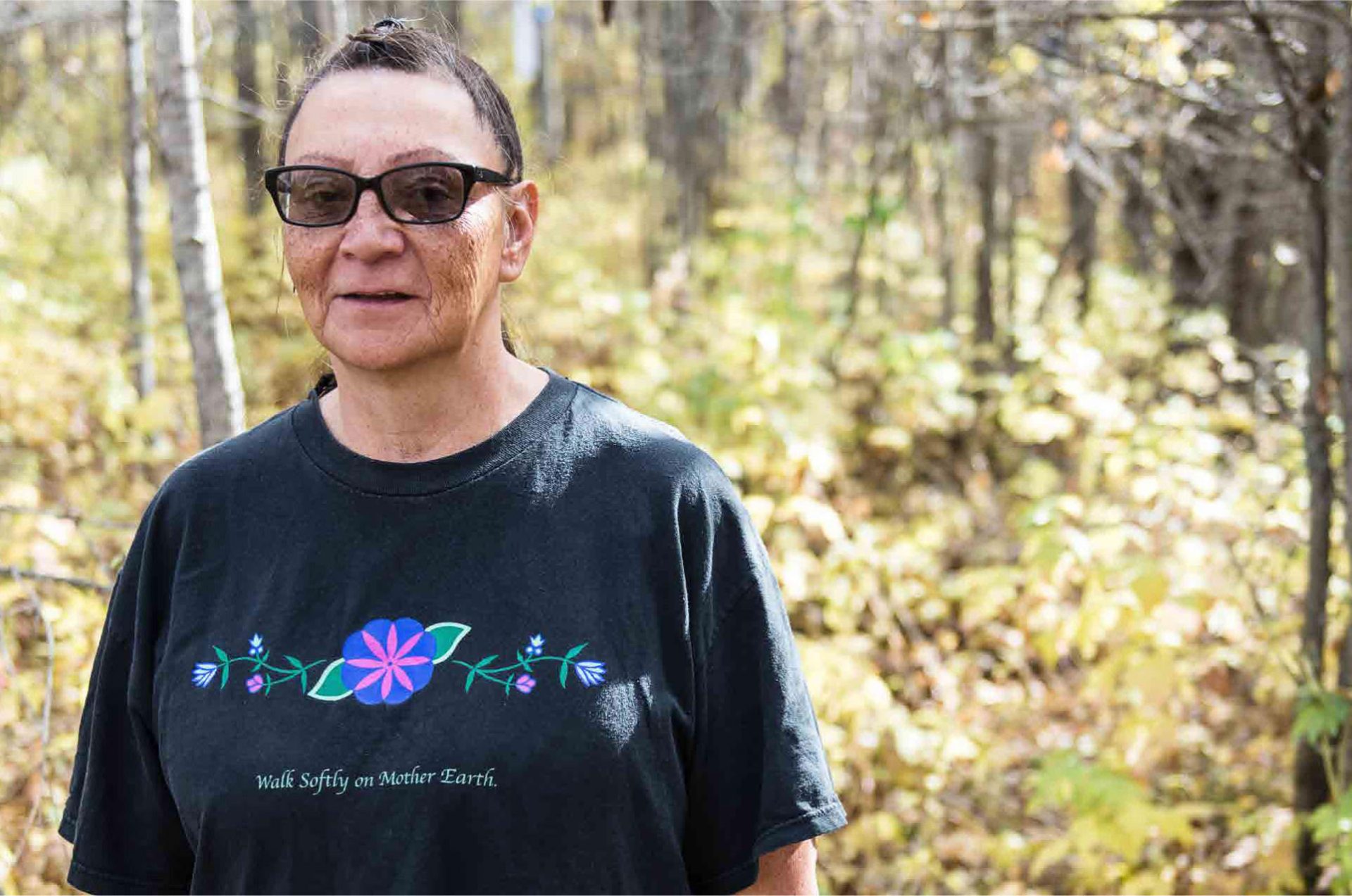
Court to First Nations: How broke are you?
After a decade of fighting motions to strike and appeals, the Nation has won the right to have its case heard in court: the trial is set for 2024. Beaver Lake Cree are also making the case for why the government should advance them the money needed to pay for it.
12 long years after filing the Defend the Treaties challenge, Beaver Lake Cree Nation was exhausted and flat out of funds. So, in 2018, Chief Germaine Anderson applied for what are known as Advance Costs.
Let’s just go back to the family law analogy. When a married couple who disagree are seeking a divorce, if the husband holds all the financial cards, it puts the wife at an unfair disadvantage. He can finagle the house, the car, and even the kids if she is reduced to relying on legal aid or forced to go under-represented. To avoid that kind of scenario, the courts developed an instrument so that the richer party would be ordered to advance a set amount to the more ‘impecunious’ party, allowing them to afford a decent lawyer. Though they are sometimes called ‘awards’, Advance Costs are not grants but rather are a tool to level the playing field so that both parties are on more equal footing.
To receive Advance Costs, the less wealthy party has to turn out their pockets in front of the court and prove just how broke they are.
That’s exactly what Beaver Lake Cree Nation did. It really should come as no surprise that a rural Indigenous Nation — struggling to cope with outdated infrastructure, substandard housing and a shabby education budget — might not be able to sustain million-dollar litigation. But the Nation had to argue for the necessity of, for example, paying for the delivery of clean drinking water to community members ahead of spending that money on litigation.
Having gone through the patronising process of being nickel and dimed by the government, the Nation managed to prove their ‘impecuniousness’ and in 2019 BLCN was awarded Advance Costs. Had that lower court ruling stood, it would have required Alberta, Canada and BLCN to share the costs of litigation to the tune of $300k each, annually, for the duration of the trial.
In keeping with tactics the powers that be had been deploying all along, the award decision was appealed and overturned. With their very existence as a people at stake, fiercely committed to seeing justice done, BLCN took their Advance Costs fight to the Supreme Court of Canada.
A milestone for Indigenous justice
After months of nail-biting, in March 2022 Beaver Lake Cree Nation received a unanimous Supreme Court Decision that will echo down the years as a landmark ruling on Indigenous access to justice. In a 9-0 decision, the Supreme Court of Canada overturned Alberta’s removal of Beaver Lake Cree’s Advanced Cost order.
The Supreme Court recognized that in an era defined by reconciliation and respecting Indigenous self-determination — to take care of pressing community needs first, before spending on court costs — must come first.
While the SCC ruling requires Beaver Lake Cree Nation to go back to the trial judge for a deep dive into BLCN’s financial situation and how it meets the fine-print criteria of “pressing needs” set out by the court, their appeal is a huge win for access to justice.
It is also a big win for RAVEN.
“It’s not every day we watch the needle move to advance the law in favour of Indigenous rights,” says Smitten. “We’re really proud to be part of this, and humbled by the never-flagging determination of BLCN’s leadership.”
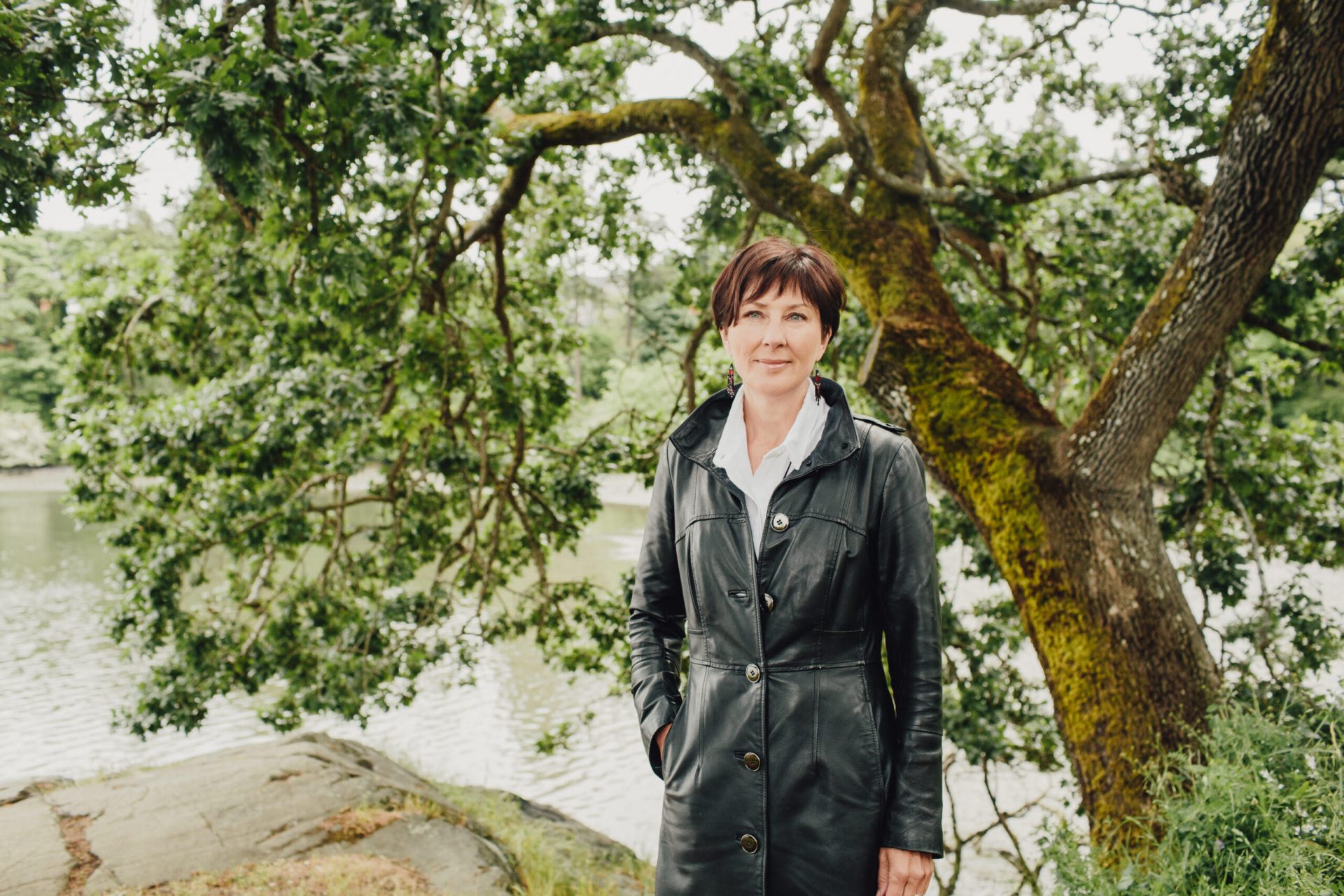
All’s fair in love and litigation
Advance costs are actually extraordinarily rare, as they require that applicants pass a series of legal tests. Anderson v. Alberta clarified what those tests will be going forward. One thing that has not changed is that Advance Costs are only available for cases that are considered to be in the public interest. The court determined that there is a strong public interest in obtaining a ruling on the claims brought forward by Beaver Lake Cree Nation in its Defend the Treaties challenge. That alone may seem obvious — tar sands expansion affects us all, and Albertans, Indigenous and settler alike, have treaty obligations that should matter to everyone.
But the court went further. Recognizing that we are in a new era where self-determination and reconciliation confer upon First Nations the right to allocate spending as they see fit, the Supreme Court affirmed that Indigenous governments — not courts — are best suited to set their own priorities and identify the needs of their communities.
The Court also found that when a government has used delay and outspend tactics — bloating the costs of, and timeline for, urgent legal action — the court should ‘exercise its discretion’ in awarding Advance Costs. From now on, the fact that a First Nation might choose to allocate its limited funds to address the needs of its community – including for cultural survival and to fund basic services that most other Canadians take for granted – should not be used as a basis to disqualify the First Nation from advance costs for litigation to protect its Section 35 rights.
Back to our family law metaphor: the court’s new ruling means that the person in charge of the household and children will be able to determine their own priorities and needs ahead of what some judge decides is ‘best for them’. This ruling takes some of the paternalism out of the Advance Cost process and opens the door for Nations to meet government and industry on a more level playing field.
The Supreme Court also awarded solicitor-client costs to Beaver Lake Cree Nation for all three levels of court hearings related to the Advance Cost application and appeal. Now that Canada and Alberta have to pay BLCN back for what the Nation spent on the Advance Costs process, BLCN can immediately use these funds to gather evidence, elder testimony, and prepare arguments for what could be one of the most monumental legal challenges Canada has ever seen.
An ambiguous win
BLCN’s victory was a major milestone in the Nation’s decades-long process to push back against the cumulative impacts of industrial development in their territory. But you’d never know what a big win they scored from reading mainstream media coverage.
Most outlets failed to recognize the groundbreaking nature of the SCC ruling. Headlines reported both that the Nation had won, and that they had lost. Partly, that’s because the Nation was sent back to the lower court in Alberta for a rehearing on Advance Costs, this time using the new test set out by the Supreme Court. But under those conditions, the Nation not only qualifies: they literally set the standard. The opportunity to go back to the court to adjudicate the award amount and terms under these new Supreme Court criteria may result in an even larger sum being awarded to the Nation.
Karey Brooks, lawyer for Beaver Lake Cree Nation, is unequivocal. “The Supreme Court of Canada ruling is a huge win for access to justice.”
She explains that the Court recognized Indigenous self-determination when it emphasised that a Nation’s pressing needs must be understood within the broader context from which a First Nation government makes decisions.
“I think it’s a huge win in that respect.”
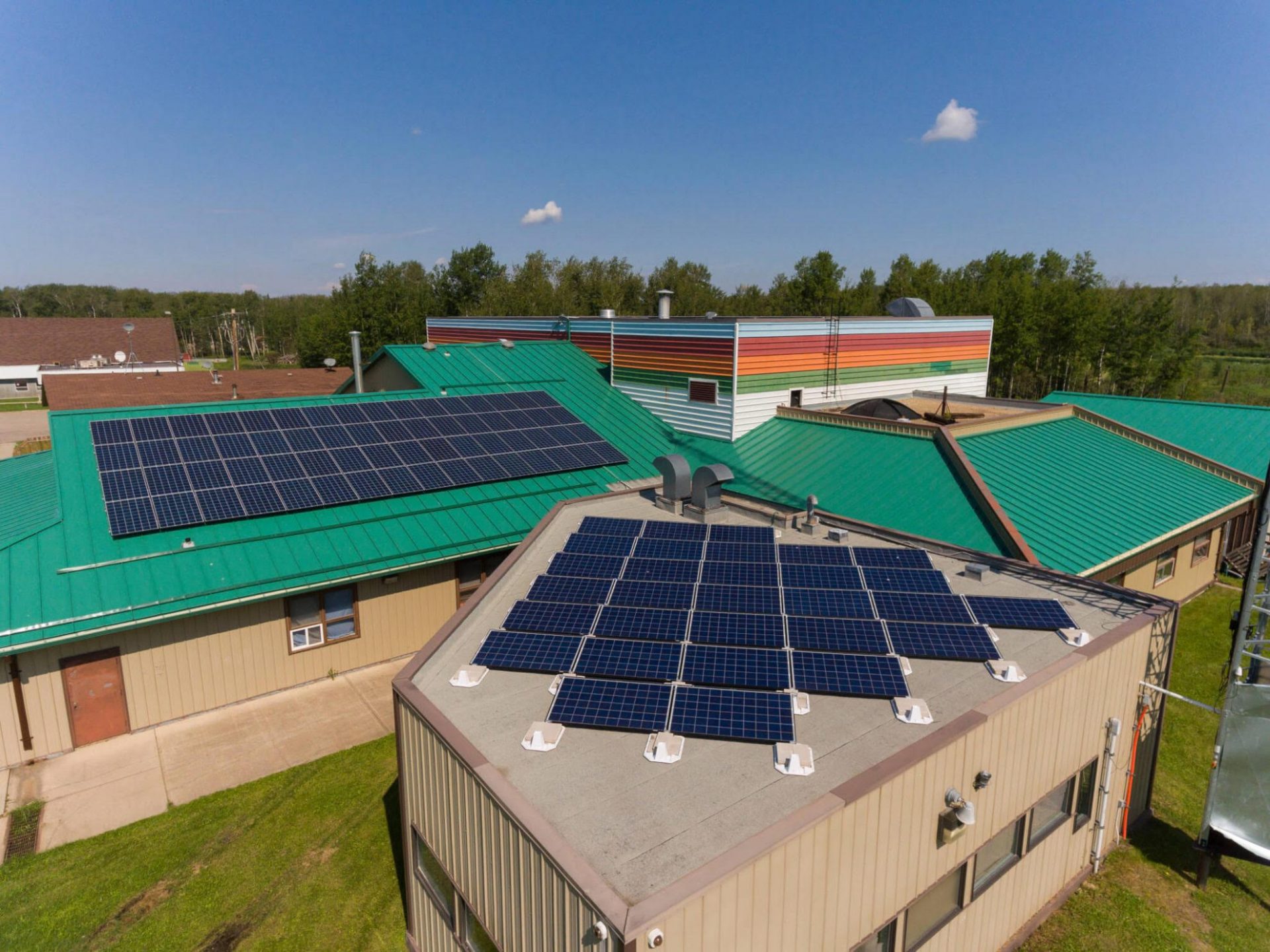
Fair’s Fair: Enshrining Access to Justice into Law
Going before the courts – for both advancing the original claim to trial and to achieve Advance Costs — Beaver Lake Cree Nation has been validated, and their right not only to pursue their case but to receive support, fully affirmed.
“The greatest barrier to justice – and victory for this court challenge – is the high cost of the legal system,” says RAVEN’s Susan Smitten. “How fantastic that a small group of dedicated donors was able to shore up this challenge to fund a trial that could stagger the tar sands behemoth. Also: how spooky to think how many worthy cases have faltered due to lack of resources.”
The implications of this judgement are nation-wide and capture in law the sovereignty of a Nation’s decision-making. Judges will now be able to take into account systemic factors such as the history of colonialism, displacement, and residential schools and how that history continues to operate today.
Thanks to Beaver Lake Cree Nation, Indigenous Peoples will no longer, as a judge in Alberta’s Court of Queen’s Bench put it, have to “stand naked before the court.”
No matter how the lower court chooses to award Advance Costs, Beaver Lake Cree will still be on the hook for hundreds of thousands of dollars a year for the duration of the trial, which could last several years. No matter how the court rules: RAVEN will be there.
“When we join forces as Indigenous Peoples and settlers, we can move mountains – and create better laws” Susan Smitten, Executive Director, RAVEN
This story was generously funded through support from Metcalfe Foundation.
Follow RAVEN online!


